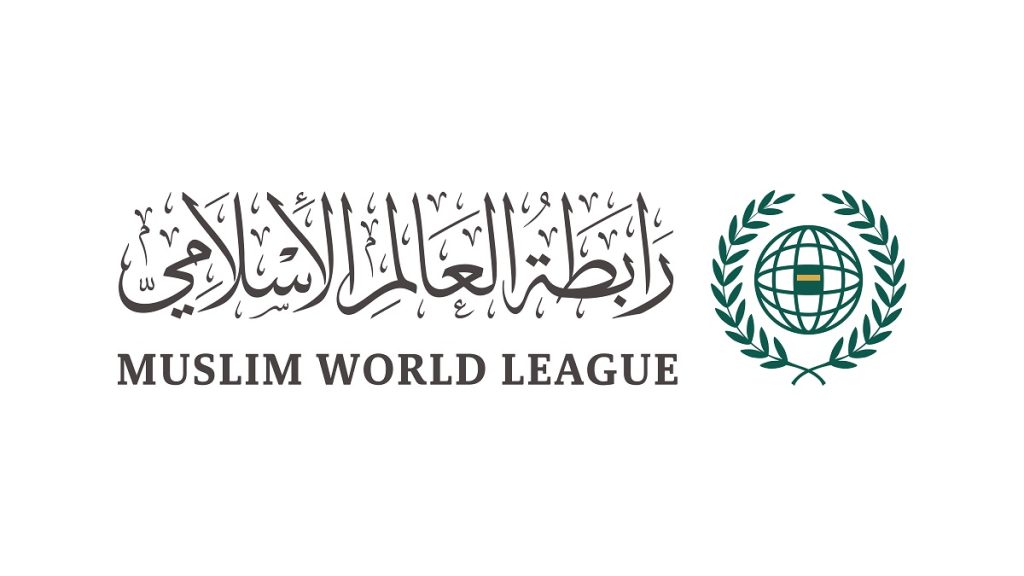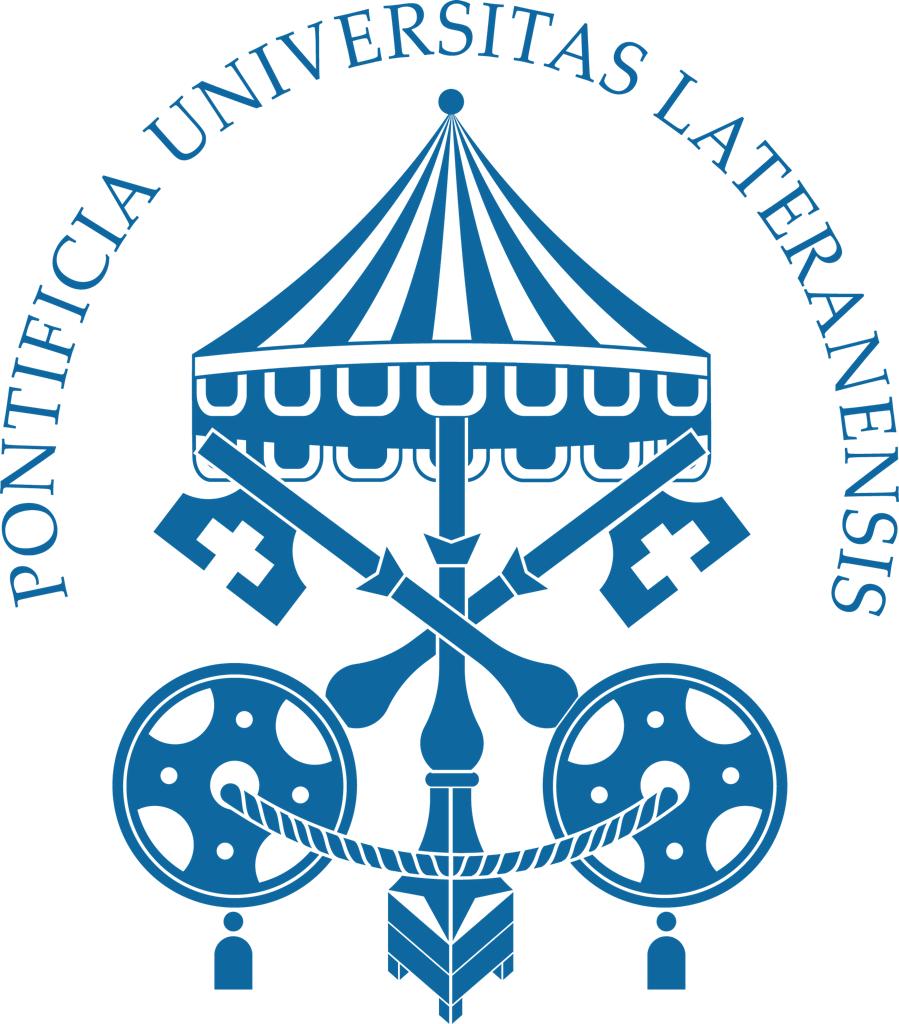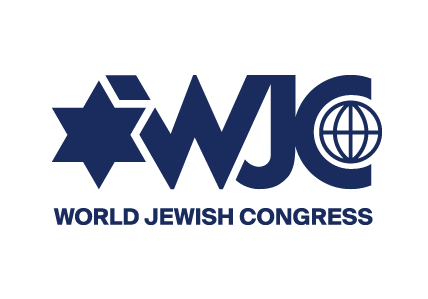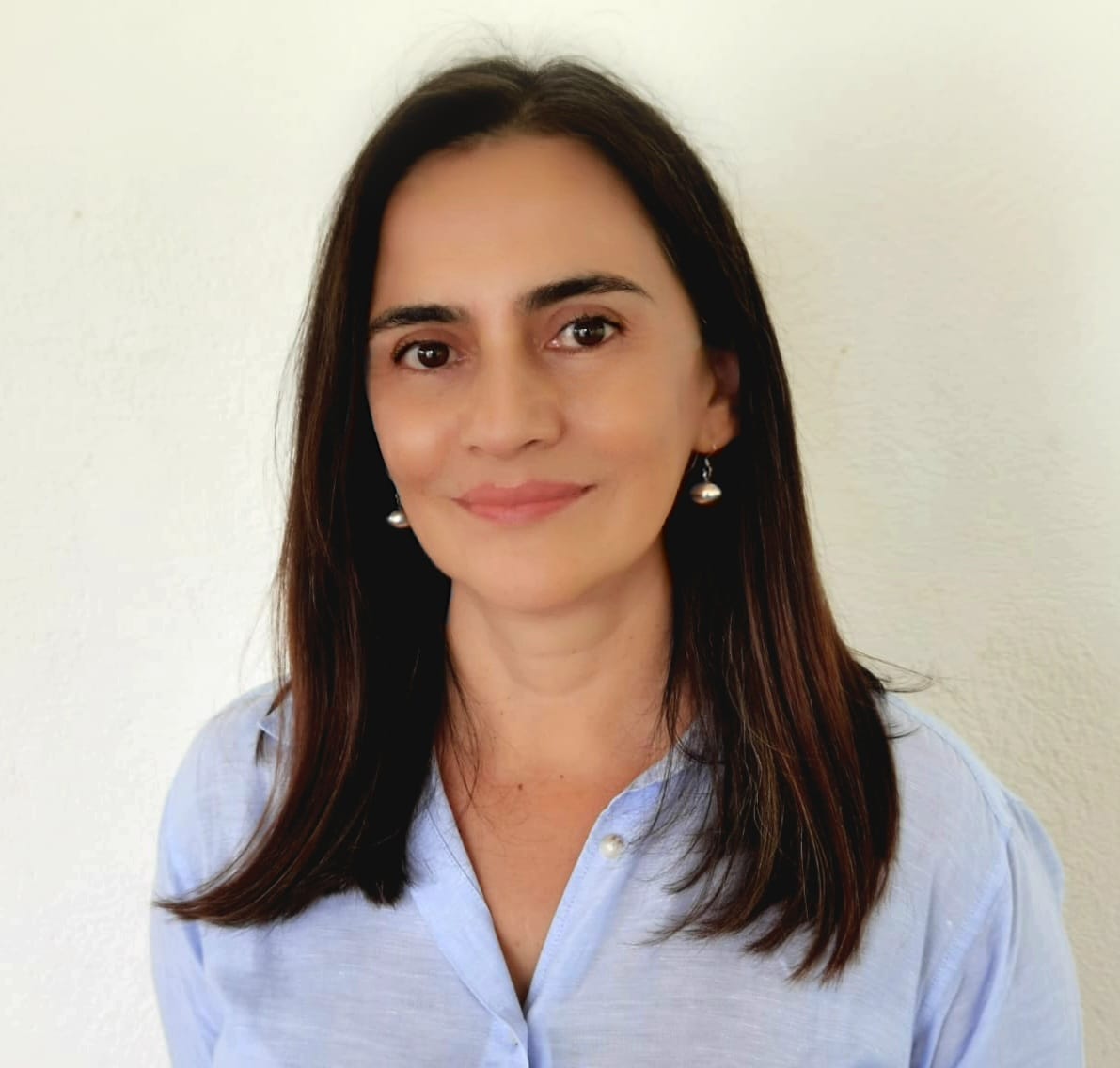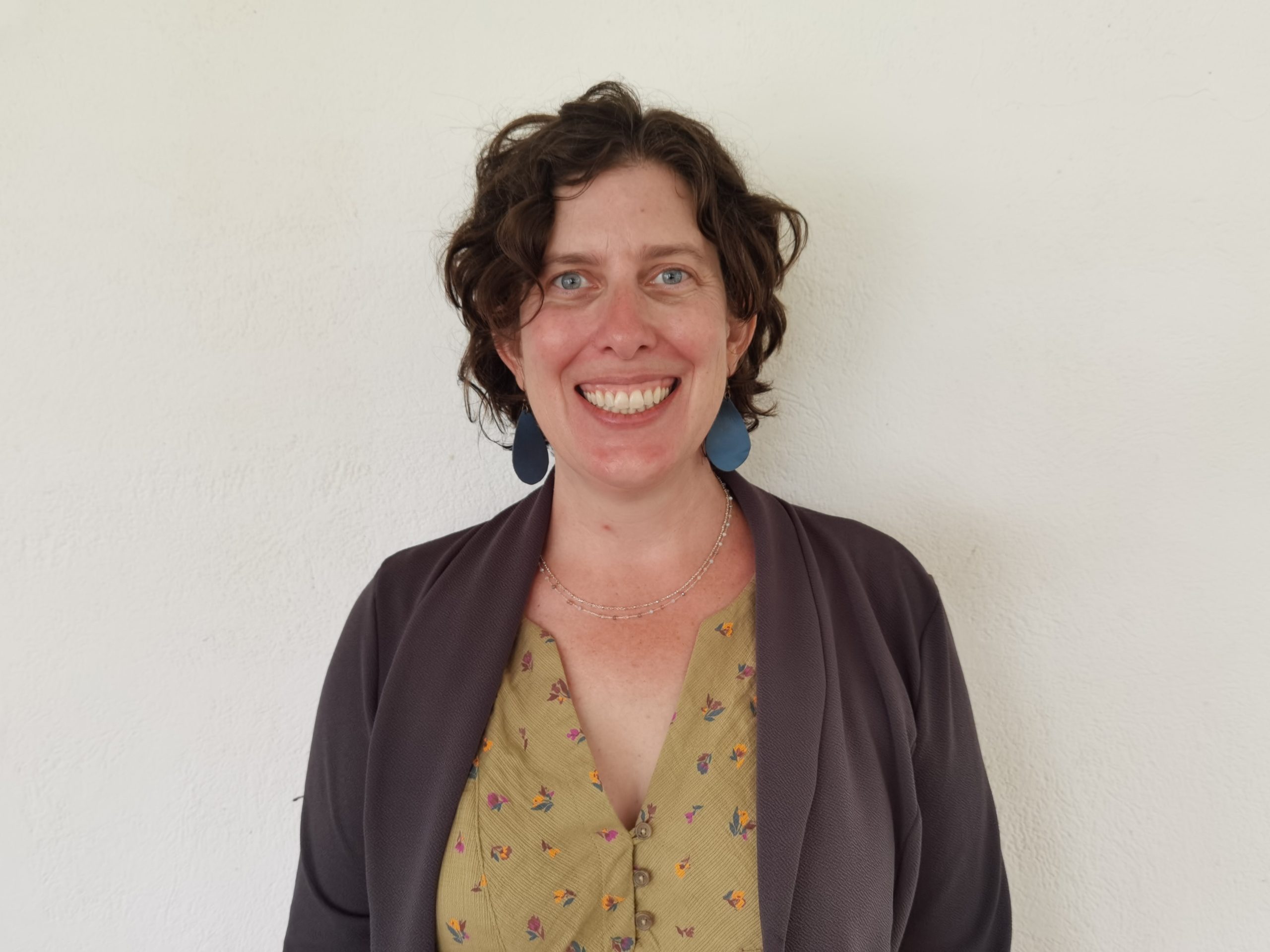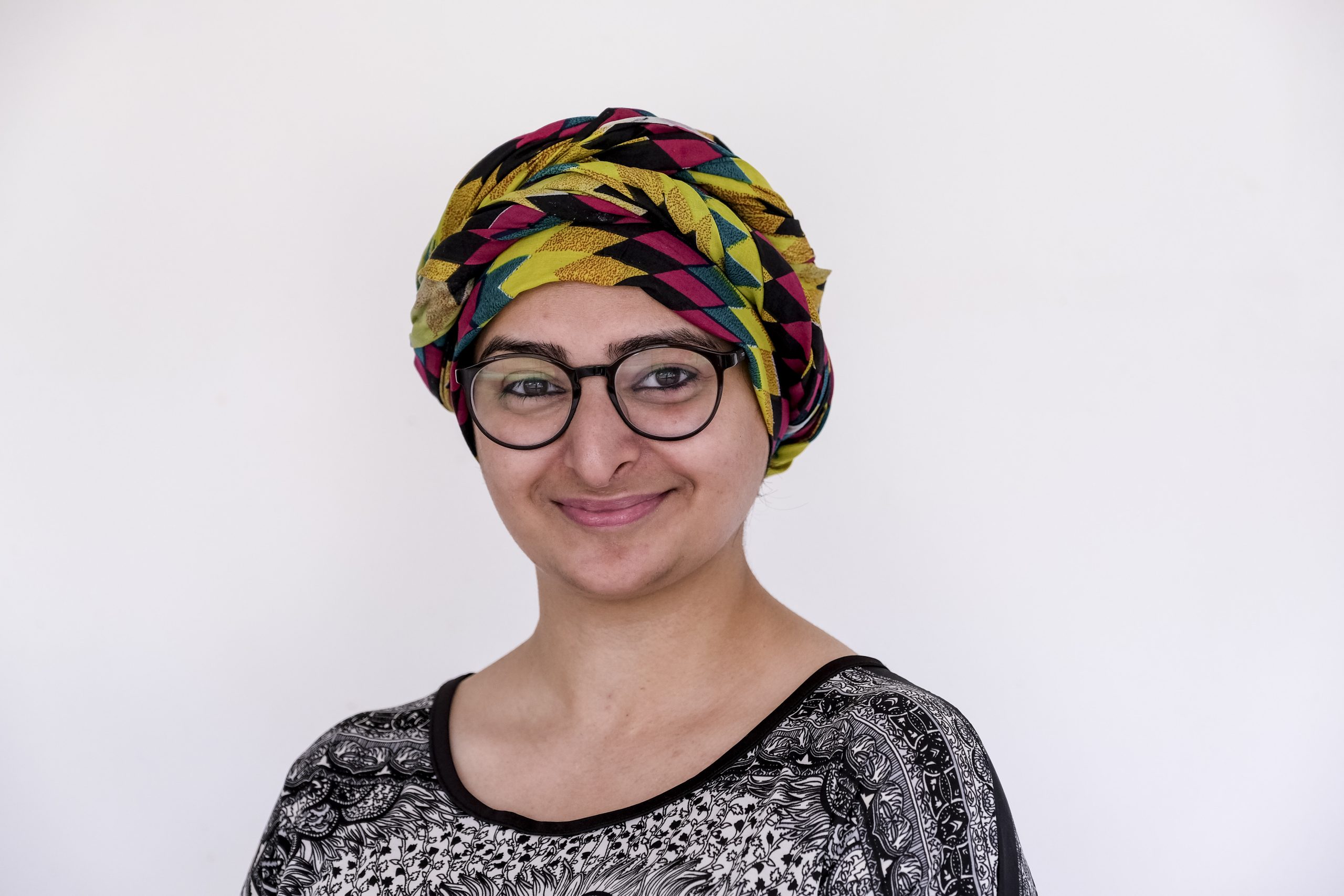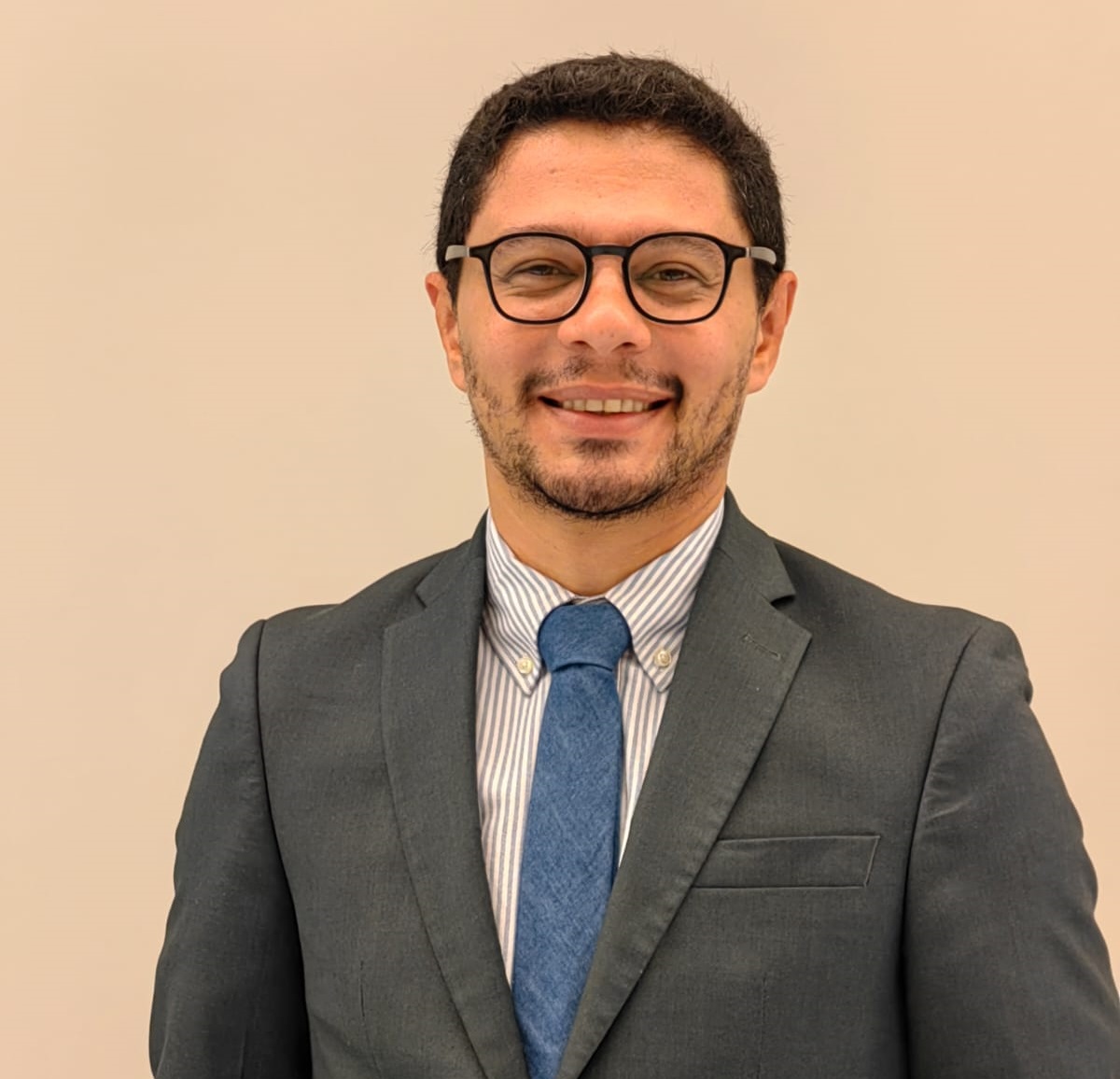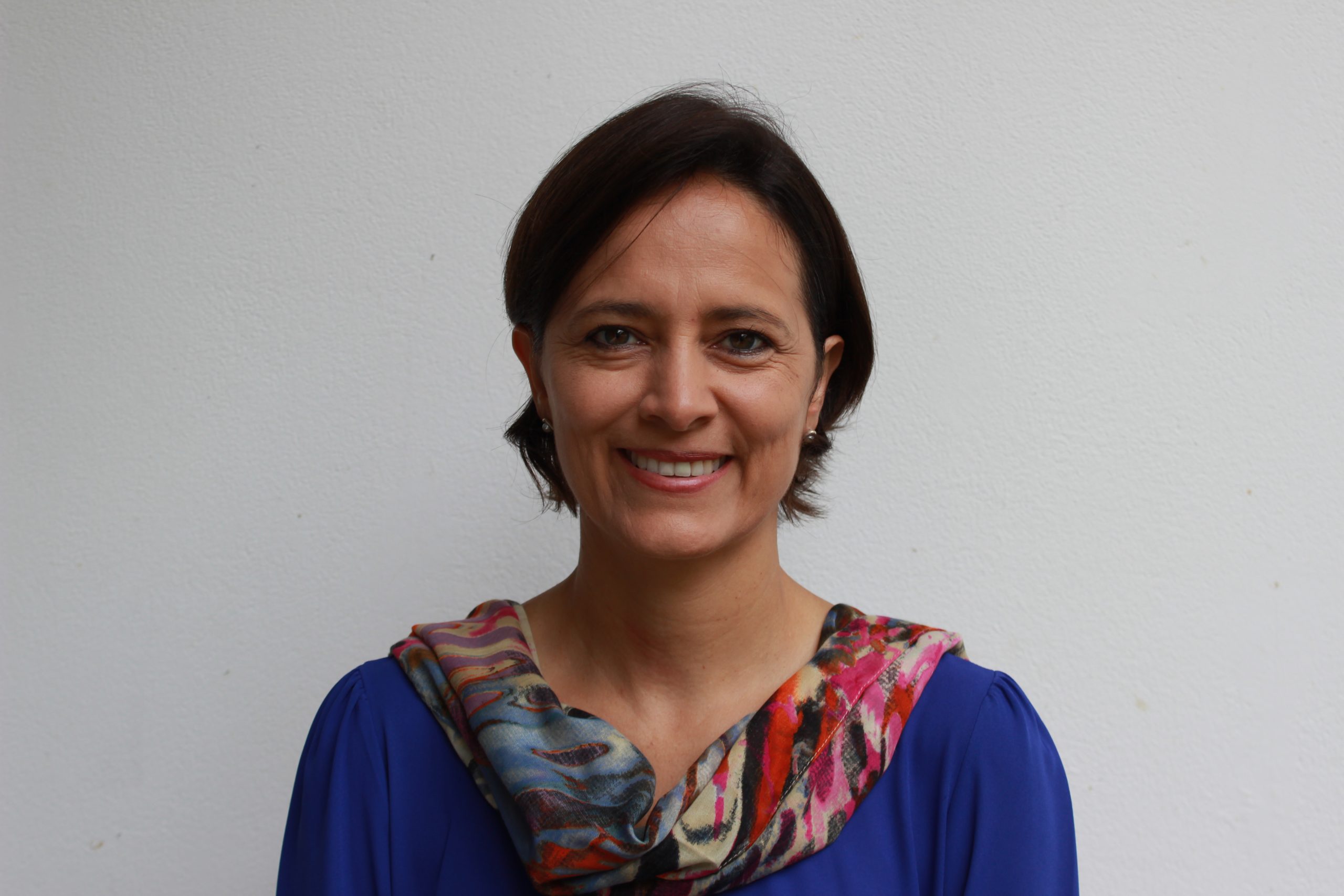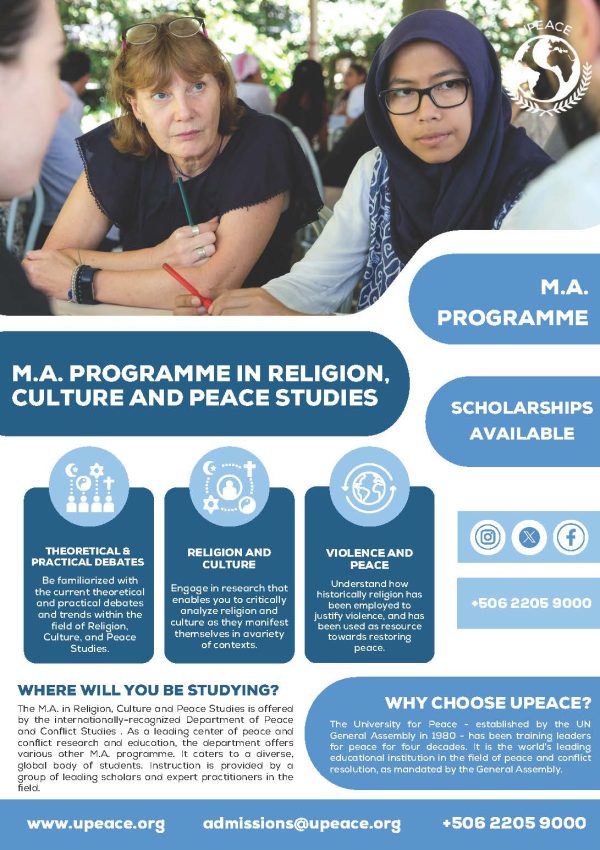M.A. in Religion, Culture, and Peace Studies
Modality
Face-to-face
Application Deadline
31 May 2024
M.A. in Religion, Culture, and Peace Studies
Established by the Dr. ALISSA Fellowship Programme, the M.A. in Religion, Culture, and Peace Studies has been designed to provide the knowledge and skills necessary to engage in contexts related to peace and conflict studies that are entangled with aspects of religious and cultural traditions. Acknowledging the critical role that religion and culture play in being a motivation for or a factor in the resolution of conflicts, this programme takes an interdisciplinary and dynamic approach to deal with a range of issues, including the theoretical and practical aspects crucial to engage with the study of different traditions, and cultivating nuanced insights in the ways in which the ideal of peace can be furthered through relevant resources belonging to the domains of religion and culture. Multiple traditions from across the world will be explored throughout the year using practical cases and diverse perspectives in tandem with aspects such as race, ethnicity, class, women’s rights, and ability, among others.
This programme is co-sponsored by the Muslim World League, the Pontifical Lateran University, and the World Jewish Congress.
About the Programme
Required Documentation
The following documentation is required to complete your application process. Please have them ready and on hand before beginning your online application process, as they will need to be uploaded into the system.
- English Proficiency Test Scores Report: TOEFL (PBT, CBT or IBT), IELTS, Duolingo English Test, Pearson Test of English or Cambridge English Language Assessment
- Statement of Purpose
- Letters of Recommendation
- Official Undergraduate (Bachelor’s Degree) Transcripts and Degree Certificate
- Curriculum Vitae or Resume
- Copy of Passport (front page with photo only)
- One passport-size photos for ID purposes
The online application requires electronic (PDF) scans of required documents. Should admission be granted, the following documents will be eventually be required in official hard copy:
- English Proficiency Test Scores Report: TOEFL (PBT, CBT or IBT), IELTS, Duolingo English Test, Pearson Test of English or Cambridge English Language Assessment (if applicable)
- Official Undergraduate Transcripts and Degree Certificate (and English translations if applicable)
- Three (3) passport-size photos.
UPEACE Costs
UPEACE is a not-for-profit institution and has limited funds for financial assistance. Therefore we strive for balance, diverse class composition, and merit in distributing financial assistance among admitted students.

Conditions of UPEACE Scholarships & Financial Assistance
The prospective applicant has to be admitted to UPEACE in order to receive any possibility of financial assistance from the University, the latter of which is subject to the following conditions:
- The financial assistance awarded is non-negotiable.
- The scholarships/waivers do not apply to the US$ 2,500 administrative fee. This fee is mandatory for all students and is non-refundable if the student wishes to withdraw from UPEACE before completing his/her degree. Admitted students must comply with this financial obligation to UPEACE according to the required deadline outlined in their official admissions documents.
- Applicants are only eligible for one waiver category per application period. Waiver categories cannot be combined.
- If you receive a scholarship from another institution, you are obligated to inform the UPEACE Admissions Office, so that it can revert the waivers granted by UPEACE.
- Applicants eligible for a 50% waiver must apply directly through the UPEACE Admissions Office.
Automatic Scholarships/Waivers
30% Tuition Waiver (Automatic)

Available to M.A. and Doctorate students that meet one of the following criteria:
- Citizens of a State party to the International Agreement Establishing UPEACE
- Citizens of a State co-sponsoring the 2022 Resolution of the UN General Assembly on UPEACE
- Students who have received an undergraduate or graduate degree from a partner university (inquire with our Admissions Team)
- Peace Corps veterans
50% Tuition Waiver (Automatic)

Available to M.A. and Doctorate students that meet one of the following criteria:
- Professors from a partner university
- Costa Rican citizens and residents (host country)
- Current, full-time UN employees and volunteers
- Documented refugee or asylee
30% or 50% Tuition Waiver (Merit Based) – Available to Master’s applicants who do not belong to the above categories. These waivers are offered in limited number and will be awarded by merit, not financial condition. These waivers are not available to doctorate students.
Our Current Batch of #UPEACERS
The University for Peace is characterized by its diversity and multiculturalism. For 2023-2024, we have 115 students from 33 countries. As a result, our campus is always full of student activities, most of them organized by the students themselves. In past years, we have had yoga classes, conversation classes in different languages, the celebration of cultural nights (Asian night, Latin night, European night, etc.), as well as institutional activities open to students (Zumba classes, academic “brown bag” lunches, etc.) The current situation has forced students to become more creative with regards to socialising and ensuring a rich student life at UPEACE.


